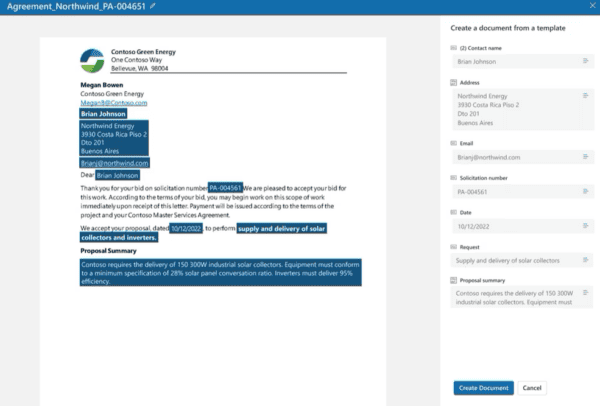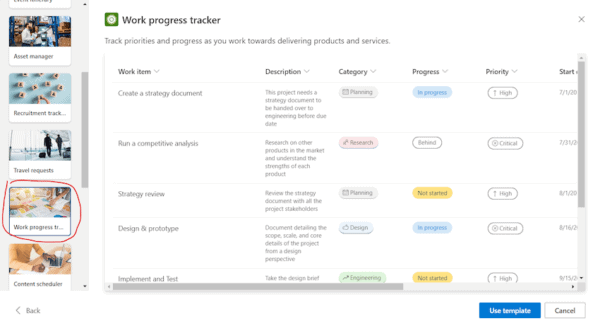As organizations worldwide continue to look for ways to stay
ahead of a hyper-competitive business landscape, cloud computing is
quickly coming to the fore as the de facto way companies quickly
adjust to ever-changing requirements. Research firm IDC predicts
that the market for public cloud products and services, currently
at $10 billion, will grow to $56 billion by 2014. Merrill Lynch
postulates that the market will reach $160 billion by 2011.
Gartner Research defines cloud computing as, “A style of
computing where scalable and elastic IT-enabled capabilities are
delivered as a service to customers using Internet technologies.”
Gartner also adds that cloud computing applications must be
service-based, scalable and elastic, shared, metered by use, and
utilizing Internet technologies. The immediate draw to cloud
computing is clear – total cost of ownership is vastly reduced, as
there is no need for capital expenses for physical servers and
other hardware. Less hardware means less space taken up in offices,
and less for already overburdened IT administrators to maintain.
However, business agility is also a key driver: A recent survey
conducted by InformationWeek found more than 65 percent of
respondents believe that “reacting quicker to business” is an
important driver for cloud computing.
Exsiting hosting companies, such as Rackspace and Fpweb.net,
began hosting Microsoft Exchange and when Microsoft did not
immediately offer a hosted solution for SharePoint, stepped into
the void and began offering dedicated SharePoint hosting services
as well. Cloud storage offerings have also been coming to market –
not just from hosting companies, but also from organizations such
as Amazon and EMC. Looking to stay in-step with this burgeoning
trend, Microsoft released SharePoint Online, the cloud version of
its popular SharePoint Server platform, as part of the Business
Productivity Online Suite (now called Microsoft Office 365).
Microsoft is now also offering its own cloud storage solutions via
Azure for Windows Server and SQL Server.
ownership, and existing on-premises technology investments.
Organizations not willing to entirely jump entirely into cloud
computing yet, but want to start taking advantage of its benefits,
can do so with hybrid management. In the coming pages, we will
outline the benefits to utilizing SharePoint Online, cloud storage,
hybrid management, and the options organizations have for the
proper management and governance of their hybrid deployments.
To view the full white paper by AvePoint click
here










